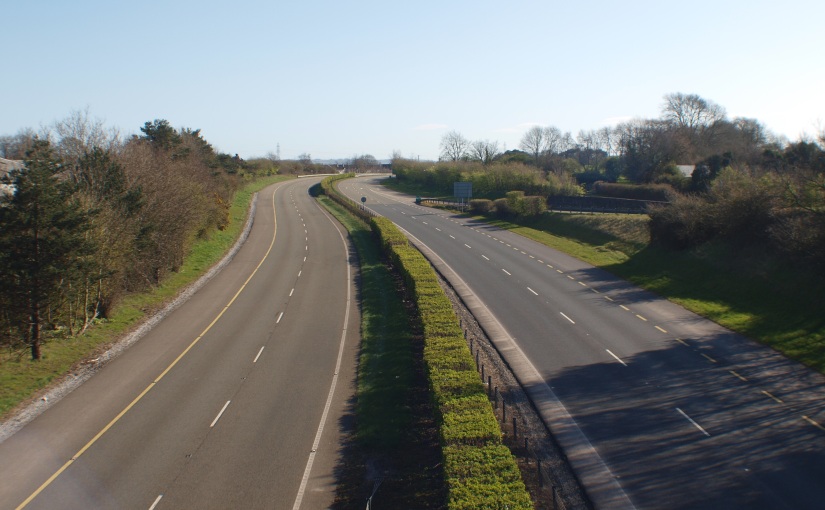I remember a day many years ago when I realised with a shudder that in order to obey what I had just read in the Bible, I would have to take a specific action. I knew very well what I had to do, but I also knew very well what it could cost me. There was a good chance that this step of obedience could fundamentally change—or even destroy—a close friendship, and I was terrified of that possibility. I knew what I had to do, but I did not want to do it. I tried to reason with the Lord, to show him that his command was too much to ask of me. He did not relent. So I tried a different approach: I simply said “no.” There on the floor of my bedroom, I told the Creator of everything that I was happy to follow him in everything except this one thing.
I told God “no.”
Continue reading The Day I Told God No






